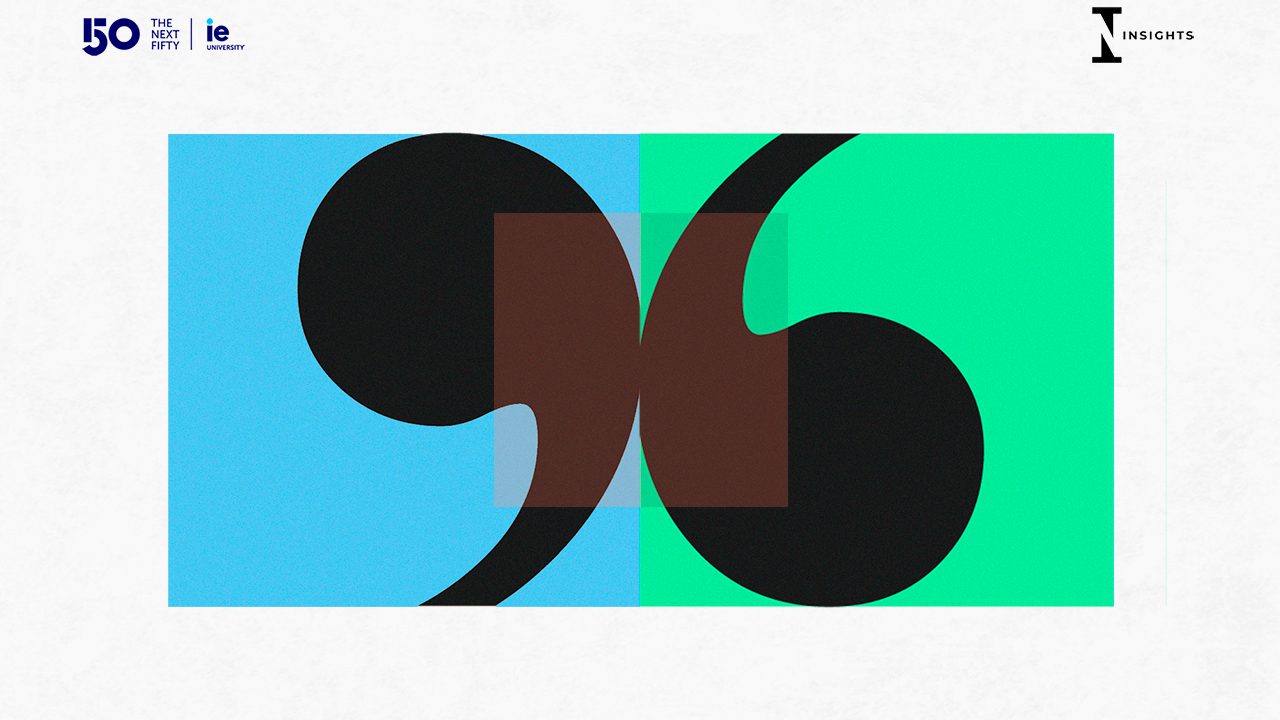Link copied
IE insights - IDEAS TO SHAPE THE FUTURE - Society

The Role of Dialogue in Tomorrow’s Society
Dialogue and participation can be improved through the creative and purposeful use of technology.
Dialogue as a genre has been an integral part of most societies for centuries, both in the East and the West and has long-shaped nature of our cultures and our democracies. In the West, for example, it is chiefly associated with the Socratic Dialogues as developed by Plato. In the East, the ancient Sanskrit epics Ramayana and the Mahabharata are full of meaningful dialogues.
Democracy is intimately connected with public discussion and interactive reasoning; it is through dialogue that democratic citizens inform themselves and elaborate their views. Dialogue is also a prerequisite for authentic relationships between people, serving as a purposeful way to explore ideas and points of view, express differences, test assumptions, and develop creative ideas. It enriches our lives. It also helps to dissolve polarization by bringing us toward collective understanding and common solutions.
For these reasons dialogue is a foundation of democracies and for successful societies.
Given that dialogue is so fundamental for humanity and so integral to our being, it needs to be protected and nurtured. My view is that in an age where there are interrelated and entrenched social problems and life is becoming more complex and interconnected, collective action will be required more than ever. It is through inclusive probing, curiosity, questioning, exploration and discussion, that solutions and answers will be found, when understanding and trust is built.
It is true, societies have been growing ever more polarized, partly due to the impact of social media, among other reasons. This means that in order to achieve inclusive democratic agreement, dialogue will be more essential than ever. We need more, not less, dialogue. It will be essential for the future preservation and deepening of democracy.
The fundamental significance of dialogue is not in question, but its effective survival is if we do not take action – now – to safeguard and sustain meaningful dialogue. Due to the unprecedented speed at which technology is advancing, including AI and different forms of communication, we must innovate and adapt to ensure that this age-old practice of dialogue is not only nurtured but entrenched in our way of life – even if the mode in which it is conducted change.
We must remain on guard. The way algorithms reinforce existing prejudices, for example, and eliminate nuanced dialogue and debate could lead to a narrowing of our intellectual probing capabilities. Furthermore, social media – being far from a neutral medium – has been used to date predominantly as a marketing tool and this has created echo chambers that impede constructive dialogue.
Indeed, we have allowed ourselves to become victims of social media. However, in my view, it can be used for enhancing and enriching democracy. If social media could rise above its current, primary status of marketing tool, it would be a medium for fostering dialogue and engagement, transforming into a true marketplace for ideas and productive discussions. There is also potential for these platforms to encourage offline, face-to-face dialogues around social issues and bolster democracy by providing opportunities for bringing people together.
The effects of technology are not beyond our control. We need to create a technological future that supports human interaction and democratic values and this will take collective dialogue between technologists, citizens, policymakers, and academics, in order to find ways to use technology that enhances our individual lives and societies at large.
The future of dialogue, and thus the future of democracy, will be determined by the choices we make today. If used creatively and with intent, technology can help us shape a future that benefits from inclusive participation and deliberative dialogue. Dialogue, that age-old practice that has been and should continue to be the lifeblood of successful societies and humanity.
© IE Insights.
